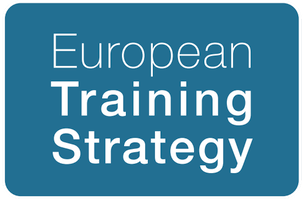

The single elements of knowledge are summarised in different headlines that illustrate what “facilitating learning” means for youth workers knowledge-wise. The “cluster headlines” do not name knowledges as such; these can be found through clicking on the lists.
Knowledge about youth work, non-formal learning and its principles guides us to facilitate group and learning processes. + -
To start, it is good to know about:
- the principles governing non-formal education
- which methodologies are most suitable for use in youth work
- how to (self-)assess competences
- the different ways in which people learn
- how to identify and work with diverse “learning preferences”
The dynamic of a group in a learning setting can be emotionally charged and challenging. + -
Adequately addressing this requires knowledge about:
- mechanisms behind group processes and dynamics
- privilege and power relations
- emotions, their mechanisms and their meaning
- crisis mechanisms and management
Becoming knowledgeable about methods, methodology and developments requires looking for appropriate sources and resources. + -
This requires:
- to know how to look for relevant information
- to know how to share resources adequately
← all competence areas



